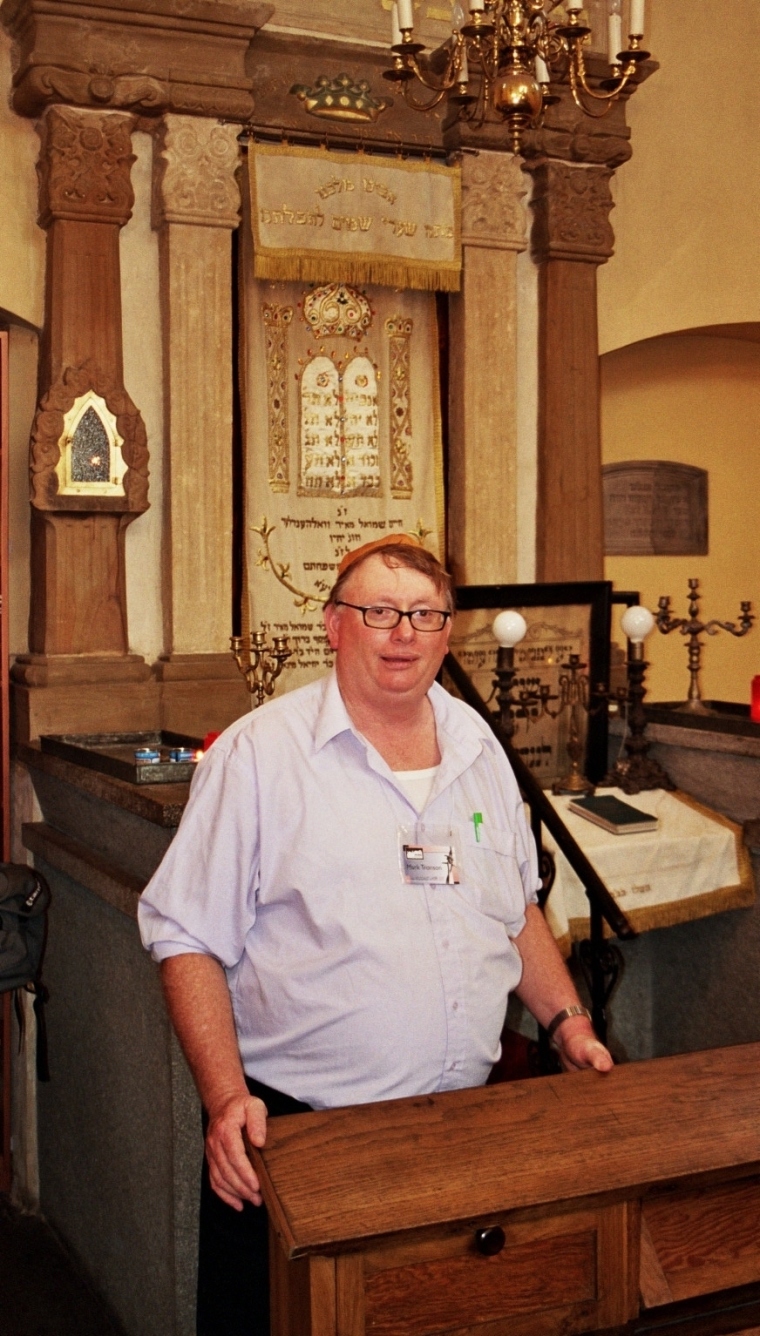
In his view, God had prepared the Nations for this very UN decision. He adds to this by looking at 2 Thessalonians 2 and Matthew 24 which convey key components of End Times messages. What is important to note, Mark Tronson thinks, is the 'mystery' of it all.
The Apostle Paul does not give here the detailed version that he gave in person, - see verse 5 - "Do you not remember that when I was still with you I told you these things?" But Paul provides in his Letter to the Thessalonians as much as the Lord allowed him to write in his letter on this matter. It is a mystery as to the additional things Paul taught them, and as such, exact chronological timelines of End Times are not provided.
All Christian theologians who speak of End Times, from the end of the New Testament era all the way to Dionysius Exiguus, have held differing positions as to the detail. As Solomon said, there is nothing new under the sun. Examples of some of these differing opinions are found in the following Christian writings: Didache 80AD, Epistle of Barnabas 90AD, The Shepherd of Hermas 150AD, Justin Martyr 165AD, Irenaeus 190AD, Tertullian 200AD, Lactantius 280AD, Hippolytus 305AD.
All these writers right up to 317AD were experiencing what might easily have been understood to be "many great tribulations". There was a sense in which they felt as though they were living in and experience the End Times. Throughout Christian history, teaching on the End Times has experienced, like most doctrines, low and high periods of interest. Spanish Jesuit, Ribera in 1590 identified the Papacy as the Anti-Christ. Catholic Priest, Lucunza's book titled, "Coming of the Messiah" published in 1603, was the best seller of the era.
History reveals the Spirit of God comes afresh from time to time in specific areas, and various 'themes' emerge from the thinking and writings of theologians. For example, the Reformation writers professed the doctrine of "Justification"; Wesley in the seventeenth century emphasised "Holiness"; and theologians in the century from 1830 to the 1930's in both the United Kingdom and America, talked of "Futurism".
So, in the Oxford Club of the seventeenth century, Christian men met to pray for Holy Living in the age of discontent and reason, while in the nineteenth century men met for prayer in the new world, in New England, for a fresh anointing. Out of this came a fresh understanding on End Times, in the doctrine known today as "Dispensations" (eras). There was the Old Testament era; The Church era; The Secret Rapture; The Great Tribulation era; the New Millennia era.
The word 'Rapture' is based on this theological view of the Church Age. The idea behind the Rapture is that there will be a generation that will not see death, but will be 'snatched' away by the Lord. This, in effect, initiates the seven-year tribulation of this Dispensation era. The book of Daniel in this Dispensational theology sets out the nature of the tribution is so great that God cuts it short by one half, to three and a half years. The 1902 Schofield Bible with its explanatory notes gave this Dispensational theology much prominence, and crucial to this theology was the return of the Nation of Israel, which in turn gave rise to fervent End Times literature.
History reveals that what was behind the seminal United Nations vote to enable the State of Israel in 1948 was that 100 year period of theological debate on End Times (Futurism). 'Dispensational' theology was in some large measure promulgated to every nation and as it was preached and taught fervently.
As in the Holiness movement that John Wesley initiated which historians acknowledge saved England from a bloodbath similar to the French Revolution, so too 'Dispensational' theology created an environment where many felt that were part of a fresh encounter of the Spirit of God in the affairs of men. So too when that 1948 vote came along, there was this 100 year theological movement that was somehow part of the process.
Mark Tronson believes this was God's people influencing history, in so far that when the United Nations took that vote to establish the Nation of Israel, there was a developed underlying theological presupposition that this was the right thing to do and it was in the hands of God.
This is where he seees theology and history intersecting; the point where he feels the 'mystique' of Israel has a real meaning; the point where he is convinced the prophecies have come to be and will continue to be fulfilled.
When history and theology coincide in this remarkable way, then he feels this points to the ongoing story that started with the Old Testament, continued with the witness embodied in the New Testament, and is continuing to unfold today as seen by the mystique that is modern Israel.
Dr Mark Tronson is a Baptist minister (retired) who served as the Australian cricket team chaplain for 17 years (2000 ret) and established Life After Cricket in 2001. He was recognised by the Olympic Ministry Medal in 2009 presented by Carl Lewis Olympian of the Century. He has written 24 books, and enjoys writing. He is married to Delma, with four adult children and grand-children. Mark is a qualified Holy Land tour guide with InnerFaith travel and was one of 48 Gentiles to be invited to the 60th anniversary of the Liberation of Auschwitz in 2005.
Mark Tronson's archive of articles can be viewed at www.pressserviceinternational.org/mark-tronson.html
